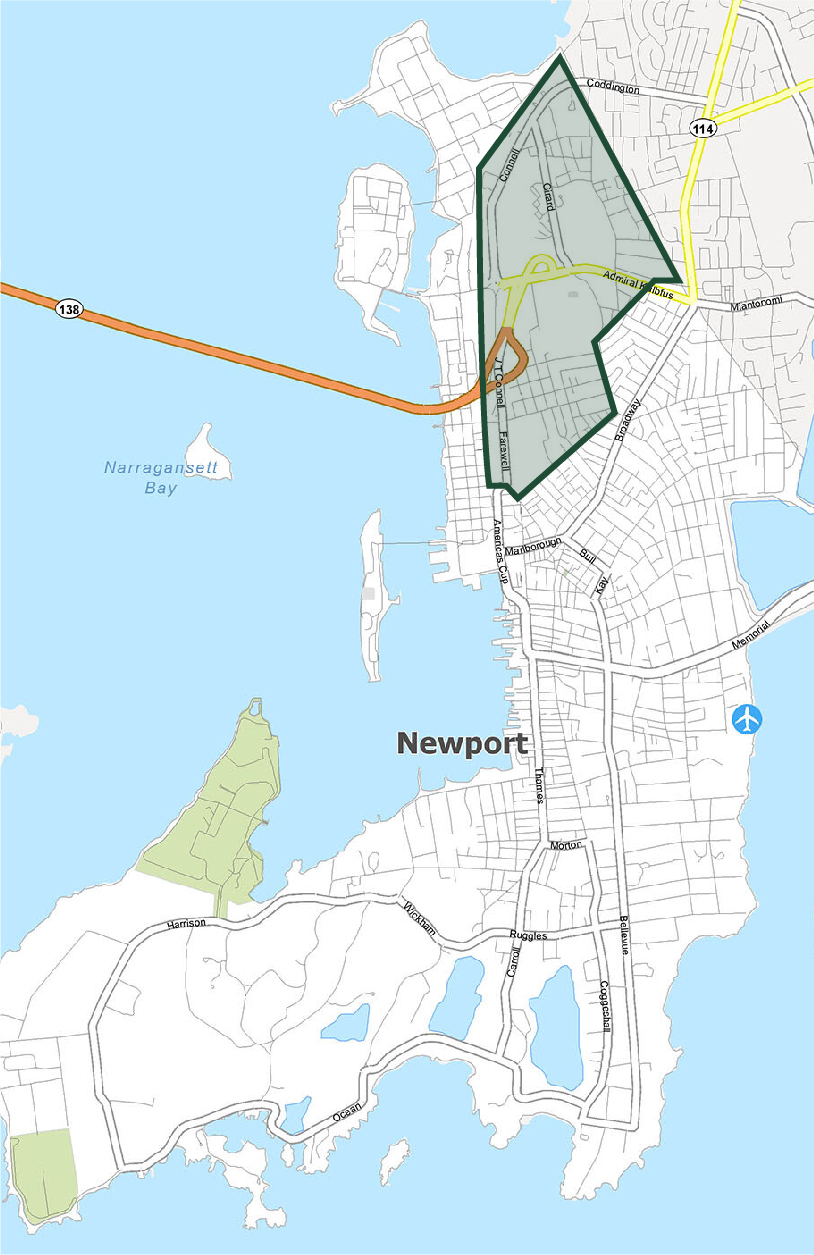Q. We are leaning towards more units vs rehab but wanted your feedback. 2. Inquiring about a two step process, whether the unit needs to be net zero at time of sale to an income qualified family or if there would be a separate agreement to have family purchase the PV array.
A. You can earn more points in both of these categories. Our Project Partners will give more weight towards rehab. 2. It needs to be net zero (with solar) at the time of point of sale.
Q. What is the formula for determining what the actual grant total would be for a particular project? 2. Who is responsible for managing the post construction monitoring and what data is expected to be collected? 3. Is it OK if I do not have completed plans ready to permit and I apply with a concept house plan? 4. Is it OK at the time of application that a building lot is not yet purchased?
A. 1. The formula for determining the fund amount awarded towards a particular project is based on what was requested from applicants in the proposal. It is based on the quality and quantity of the proposals that are submitted. It is at the discretion of the Project Partners and their review of proposals. 2. It will be up to the applicant to manage post construction monitoring, therefore this cost needs to be provided in the budget that is submitted. The data expected to be collected is: a) MWh avoided, current period and lifetime. b) Oil avoided (MMBtu), current period and lifetime. c) Energy Bill Savings, current period and lifetime. d) CO2 emissions avoided (Metro Tons of CO2) current period and lifetime. e) Solar PV production DAS f) Operation and customer satisfaction of heat pump. 3. We require plans for bidding in order to evaluate what will be built and what your budget is based on. It is expected that applicants will provide tentative dates for permit acquisition, land acquisition, and construction commencement that are all within a reasonable time period.
Q. Requesting an extension for submittal, 30 days
A. We are extending the RFP due date to 9/18/2019. There will be a second round of RFIs as well. RFIs will be due August 21, 2019 with all questions answered by August 28, 2019.
Q. For 2 bedroom units: What are the rental rates and/or sales prices for different categories for 60% -120%
A. See PDF “2019 income rent chart-all_may 2019” as well as https://www.rihousing.com/monitoring-agents/ for sales prices for 60-120% AMI.
Q: Was the RFP released months ago for bigger developers prior to being released to the public?
A: The ZEOS RFP was not released externally to anyone prior to being released to the public on July 17, 2019.
Q: Will multiple projects be assigned funds or will only one project receive the full funding?
A: It is at our discretion how the funds are awarded. If there is one project that meets all the criteria that is asked for in the RFP, then the majority or all funds could go to that project. It will also depend on the applicant pool.
Q. The program requires a DAS to collect and monitor data on energy performance of PV and ASHP. Can you give us a little more information on your expectations or preferences for the DAS? Is there a specific hardware and software that the State utilizes? Do you have specific DAS performance requirements? Or shall we propose a system to you?
A. Integrated Controls. Effectively using heat pumps as a primary heat source, with existing oil or propane heat as a supplemental system, can reduce costs and carbon emissions. Installing integrated controls to a new or existing heat pump system improves effective operation of heat pumps as the controls will automatically call for the heat pump system as a primary heat source and, only as needed, from the existing delivered fuel system based on a preselected outdoor temperature. This allows for maximum comfort and cost savings throughout the winter months.
(1) RI Residential Heat Pump Rebate:
• https://www.nationalgridus.com/media/pdfs/resi-ways-to-save/ee7342-ri-hvac-rebate-(4).pdf
• Up to $1,000/ton
(2) Qualifying integrated controls (for use with heat pumps and with delivered fuel back up):
• See attached PDF ‘NGRID RI Integrated Controls’
• Up to $500 per indoor heat pump head, maximum of $1,500 per household

